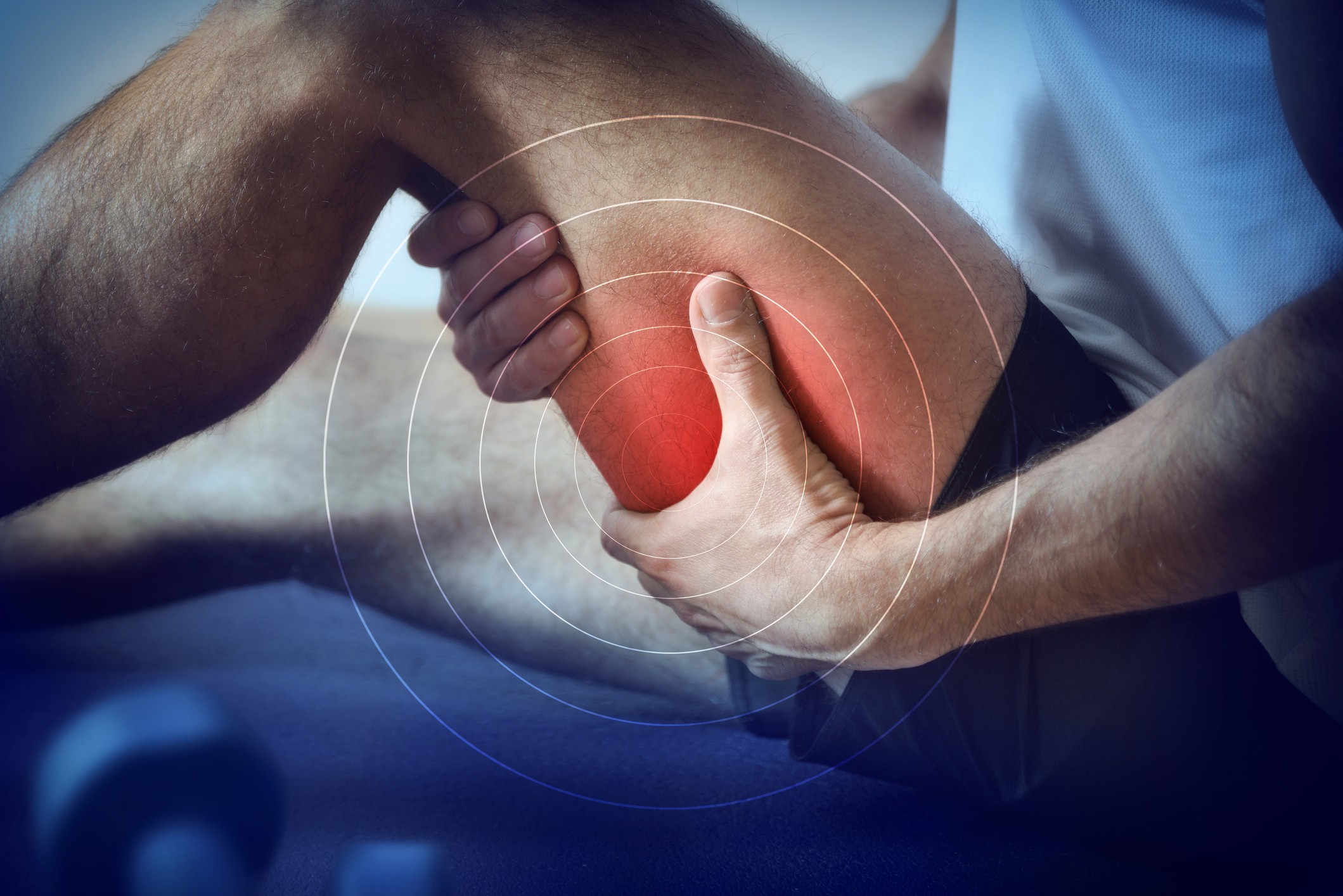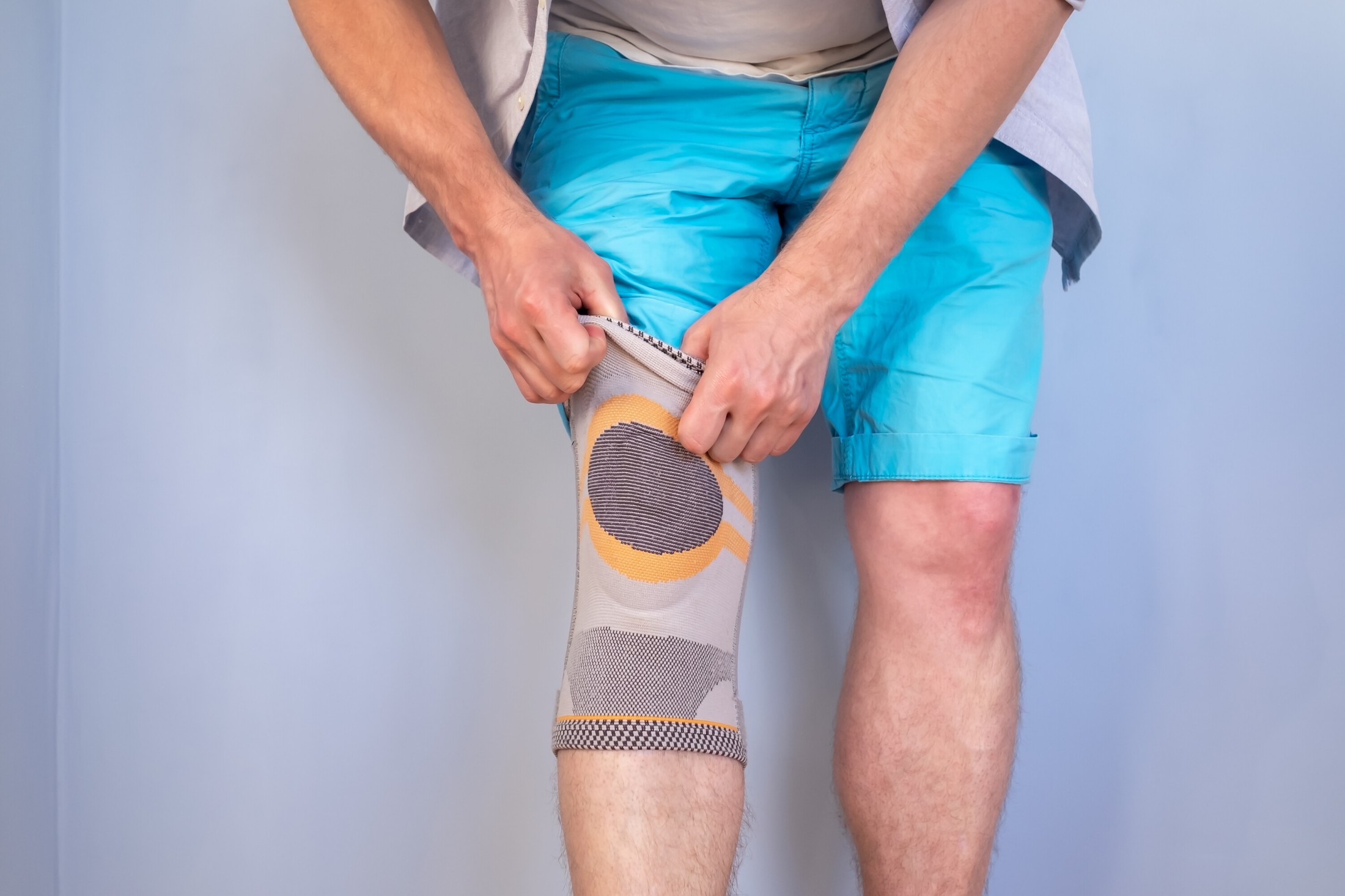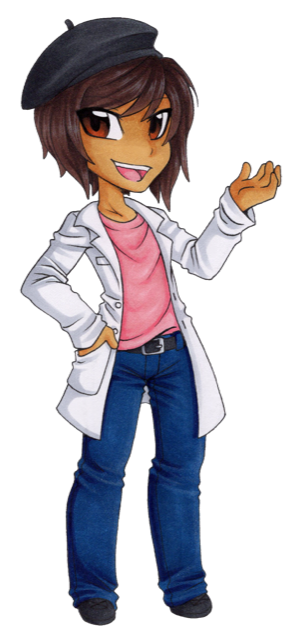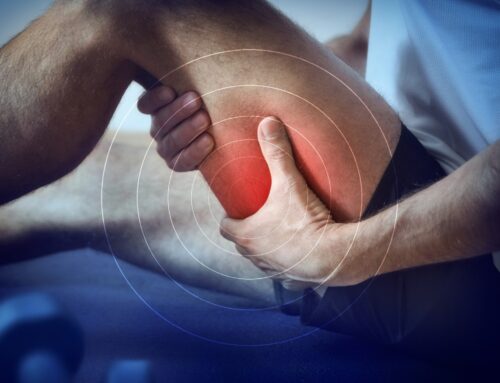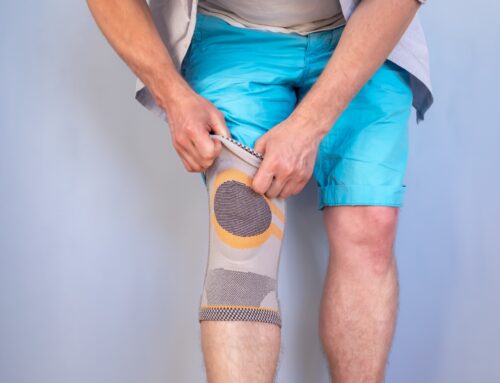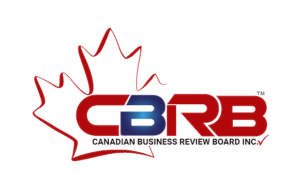Shoulder pain is a common ailment that affects a significant number of Canadians, impacting their daily activities and quality of life. Whether it arises from repetitive strain, acute injury, or underlying health conditions, the discomfort can be debilitating.
Understanding the various causes of shoulder pain is essential for finding effective relief and restoring functionality. This article explores the prevalent reasons behind shoulder pain and outlines practical approaches to alleviate the discomfort. By addressing shoulder pain with informed care strategies, individuals can look forward to regaining comfort and continuing their everyday activities with ease.
What Causes Shoulder Pain?

Overuse and Strain
Repetitive activities and overuse are among the most common culprits behind shoulder pain. These activities, which could range from sports like tennis and swimming to job-related tasks such as painting or typing, place continuous stress on the shoulder joints and muscles.
Over time, this stress can lead to strain and fatigue in the shoulder tissues, manifesting as pain. Often, the discomfort arises from inflamed tendons (tendonitis) or a worn-out shoulder capsule, making even simple movements painful.
Injuries and Accidents
Shoulder pain often results from injuries or accidents, which can affect anyone regardless of their activity level. Common injuries include:
- Rotator cuff tears: These occur when the shoulder’s rotator cuff tendons are damaged, leading to acute pain and weakness.
- Dislocations: The shoulder joint is prone to dislocation, which can cause intense pain and immobility.
- Fractures: A break in the shoulder bone, such as the humerus or clavicle, results in sharp, localized pain and swelling. These injuries can result from falls, direct blows to the shoulder, or abnormal twisting motions, and they require immediate medical attention to prevent further complications.
Medical Conditions
Several medical conditions can also lead to shoulder pain, including:
- Arthritis: Osteoarthritis and rheumatoid arthritis are the most common forms affecting the shoulder, causing a breakdown of cartilage and painful joint inflammation.
- Bursitis: This condition involves inflammation of the bursae, the small fluid-filled sacs that cushion the shoulder joints, leading to pain and restricted movement.
- Tendinitis: Inflammation or irritation of the tendons in the shoulder’s rotator cuff can result in tendinitis, characterized by pain and swelling in the area. Understanding these conditions is key to managing symptoms effectively and seeking appropriate treatment options to alleviate pain and prevent further damage.
Diagnostic Approaches to Shoulder Pain
Properly diagnosing shoulder pain is critical for effective management, as it ensures that healthcare professionals can tailor treatment plans to address the specific underlying causes.
Medical Evaluation
Healthcare professionals begin the diagnosis of shoulder pain with a thorough medical evaluation. During this assessment, a doctor reviews the patient’s medical history and conducts a physical examination. This examination may include assessing the shoulder’s range of motion, checking for tender areas, and evaluating the strength of the shoulder muscles.
A detailed medical history is crucial for identifying any past injuries, activities, or health conditions that might contribute to the current pain. This initial assessment guides the need for further tests and helps narrow down potential causes.
Imaging and Tests
Healthcare professionals employ various imaging techniques and tests to further pinpoint the cause of shoulder pain:
- X-rays: These are often the first imaging tests used. X-rays can reveal fractures, signs of arthritis, and bone changes that might explain the pain, although they do not show soft tissues like tendons and ligaments.
- Magnetic Resonance Imaging (MRI): MRI scans provide detailed images of both bone and soft tissues, including the muscles, tendons, and ligaments around the shoulder. They are extremely useful in diagnosing rotator cuff tears, impingements, and other soft tissue injuries.
- Ultrasound: This imaging technique visualizes the soft tissue structures around the shoulder in real time. It can reveal tears, inflammation, and other abnormalities, and is particularly useful for dynamic assessments where the shoulder is in motion.
- Computed Tomography (CT) Scan: Although less commonly used for shoulder pain, a CT scan offers a more detailed view of the bone and surrounding structures, which can be helpful in complex cases.
These diagnostic tools are integral to developing an effective treatment strategy, ensuring that each patient receives personalized care based on an accurate understanding of their specific shoulder issues.
Effective Treatments for Shoulder Pain
Once the cause of shoulder pain is diagnosed, the appropriate treatment plan can be developed. Treatment options range from conservative management, like physical therapy, wearing a shoulder brace, to more advanced interventions, such as surgery.
Physical Therapy and Exercises
Physical therapy is a cornerstone of treatment for many types of shoulder pain. A physical therapist can tailor a program to the specific needs of the patient, focusing on reducing pain, improving range of motion, and strengthening the shoulder muscles to prevent future injuries. Key components of physical therapy may include:
- Strengthening exercises: These help to build the muscles around the shoulder, supporting the joint and reducing the load on injured or inflamed tissues.
- Stretching routines: Stretching the muscles and tendons in and around the shoulder helps to improve flexibility and range of motion.
- Manual therapy: Techniques such as massage and manipulation can help to reduce pain and inflammation, and improve movement in the shoulder.
Physical therapists may also use modalities like ultrasound therapy, heat and ice treatments, and electrical stimulation to help reduce pain and swelling.
Medication and Pain Relief
For immediate relief from shoulder pain, medications are often prescribed:
- Over-the-counter pain relievers: Nonsteroidal anti-inflammatory drugs (NSAIDs) like ibuprofen or acetaminophen can help reduce pain and inflammation.
- Topical analgesics: These creams or gels can be applied directly to the shoulder to alleviate pain.
- Prescription medications: In cases of severe pain or inflammation, stronger medications, such as corticosteroids or opioid pain relievers, may be prescribed by a doctor.
It’s important to use medications as directed by a healthcare professional to avoid side effects and ensure the best outcomes.
Use of Shoulder Braces
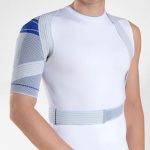
- Limit movement: By restricting the range of motion, shoulder braces help prevent movements that could aggravate the injury.
- Reduce pain: Braces stabilize the shoulder area, which can alleviate pain and discomfort by minimizing muscle tension and joint strain.
- Speed up the healing process: Supporting the shoulder properly can help tissues heal more effectively by reducing stress on the injured area.
Shoulder braces come in various designs, each tailored to specific conditions and needs, and can be particularly beneficial when combined with other treatments like physical therapy.
Advanced Treatments
When conservative treatments do not provide sufficient relief, or when the structural damage to the shoulder is significant, advanced treatments may be necessary:
- Corticosteroid injections: These can provide rapid relief from inflammation and pain when injected directly into the affected area.
- Surgery: Various surgical options are available depending on the cause of the pain. Common procedures include arthroscopic surgery to repair torn tissues, joint replacement for severe arthritis, or surgery to fix fractures.
- Regenerative medicine techniques: Treatments such as platelet-rich plasma (PRP) injections or stem cell therapy are emerging as alternatives to traditional surgery, helping to repair damaged tissues and reduce pain.
Choosing the right treatment depends on the specific diagnosis and the severity of the shoulder pain. In many cases, a combination of treatments may be the most effective approach to achieving long-term relief.
Lifestyle Adjustments and Home Remedies
Managing shoulder pain isn’t only about medical treatments and physical therapy; incorporating certain lifestyle adjustments and home remedies can also play a significant role in alleviating symptoms and improving overall shoulder health. Here’s how daily habits and natural care techniques can help:
Daily Habits
Adopting healthy daily habits is crucial for reducing shoulder pain and preventing its recurrence.
- Maintain good posture: Proper alignment of your body, especially while sitting or standing for extended periods, reduces stress on the shoulder joints and muscles.
- Modify activities: Adjust how you perform daily tasks to avoid movements that exacerbate shoulder pain. For instance, if reaching overhead is painful, rearrange your environment to keep items within easy reach.
- Take frequent breaks: When engaged in activities that involve repetitive shoulder use, take regular breaks to rest the joint and prevent overuse.
- Exercise regularly: Engaging in a balanced exercise regimen that includes aerobic activities, strength training, and flexibility exercises can help maintain overall shoulder health.
- Warm-up and cool down: Before and after any physical activity, ensure you warm up and cool down appropriately to prepare your shoulders for exercise and to prevent injuries.
Home Remedies
Several home remedies can be effectively used to manage shoulder pain at home:
- Cold and heat therapy: Applying ice packs to the shoulder can reduce inflammation and numb sharp pain. After the initial inflammation has subsided, using heat packs can help relax and loosen tissues and stimulate blood flow to the area.
- Essential oils: Oils such as lavender, eucalyptus, and peppermint are known for their anti-inflammatory and pain-relieving properties. Diluted in a carrier oil and massaged gently into the shoulder, they can provide some relief from pain.
- Turmeric and ginger tea: Both turmeric and ginger have anti-inflammatory properties. Drinking a tea made from these can help reduce inflammation throughout the body, including in the shoulder.
- Epsom salt baths: Soaking in a warm bath with Epsom salts can help relieve muscle tension and pain. The magnesium in Epsom salts helps reduce inflammation and can aid muscle and nerve function.
- Adequate sleep and stress management: Ensuring sufficient sleep and managing stress through meditation or yoga can help reduce the overall burden on your body, aiding in the recovery of shoulder pain.
When to Seek Professional Help
While many instances of shoulder pain can be managed with home remedies and lifestyle adjustments, there are times when it is crucial to seek professional medical advice. Knowing when to consult a specialist can make a significant difference in your recovery and prevent further complications.
Signs That It’s Time to See a Specialist
Shoulder pain should not be ignored, especially if you experience any of the following indicators:
- Persistent Pain: If your shoulder pain lasts more than a few weeks despite home treatment and rest, it’s time to see a specialist.
- Severe Pain: Intense pain that occurs either during activity or at rest and disrupts your ability to perform daily tasks needs immediate professional attention.
- Decreased Range of Motion: If you notice a significant decrease in your ability to move your arm or if doing so causes considerable pain, this could indicate a more serious condition.
- Joint Instability: Feelings of your shoulder slipping out of place or an inability to sustain normal shoulder functions are signs of potential ligament or tendon damage.
- Visible Deformities or Swelling: Any unusual swelling, bumps, or changes in the appearance of your shoulder joint should be evaluated by a specialist.
- Symptoms of Infection: Fever, redness, warmth, or an unusual feeling of heat around the shoulder are urgent symptoms that require immediate medical attention.
How Care-Med LTD Can Help
Care-Med LTD specializes in providing premium custom body bracing and compression wear in Toronto. With over 16 years of experience and hundreds of satisfied clients, Care-Med is a trusted name in the management of musculoskeletal conditions, including shoulder pain. Here’s how Care-Med LTD can assist:
If you’re struggling with shoulder pain and need expert care, reach out to Care-Med LTD. Our team of professionals is ready to help you regain your health and improve your quality of life.
Shoulder Pain Relief
Understanding the causes of your shoulder pain is the first step towards effective treatment and recovery. Shoulder pain can arise from a variety of sources, each requiring a specific approach for relief. Whether your pain is due to overuse, injury, or a chronic condition, recognizing the signs and knowing when to seek help can significantly enhance your quality of life.
We encourage you to take proactive steps towards improving your shoulder health. Do not let shoulder pain limit your daily activities or diminish your life quality. Consulting with healthcare professionals like those at Care-Med LTD can provide you with the tailored treatments and support necessary to manage your condition effectively.
Early intervention is key to preventing further complications and achieving the best possible outcomes. Reach out to Care-Med LTD, where experienced professionals are ready to assist you with personalized care plans that acknowledge your unique health needs and lifestyle.
Share This Story, Choose Your Platform!
Table of Contents
We specialize in orthotics, body braces, and compression wear tailored to your unique needs in Toronto. Reach out to us at info@caremed.care or call 416-782-5353 to book your fitting and consultation.
Experience the difference of customized solutions designed just for you.


